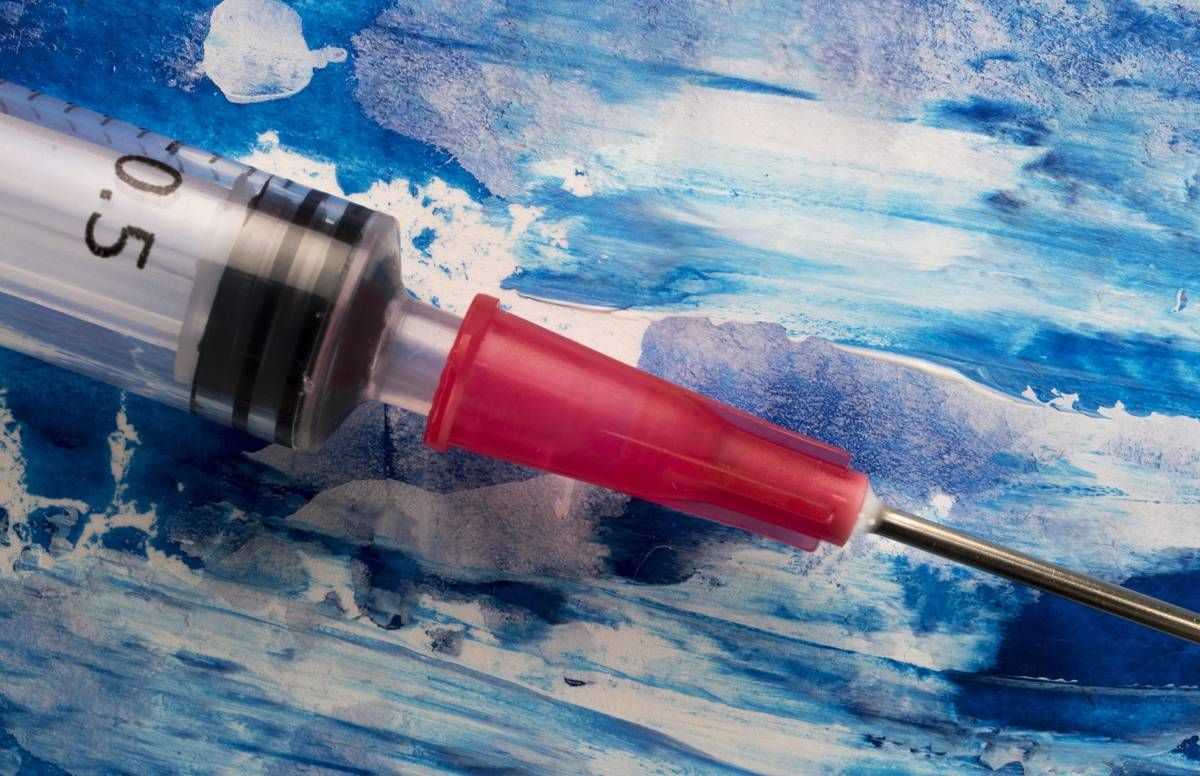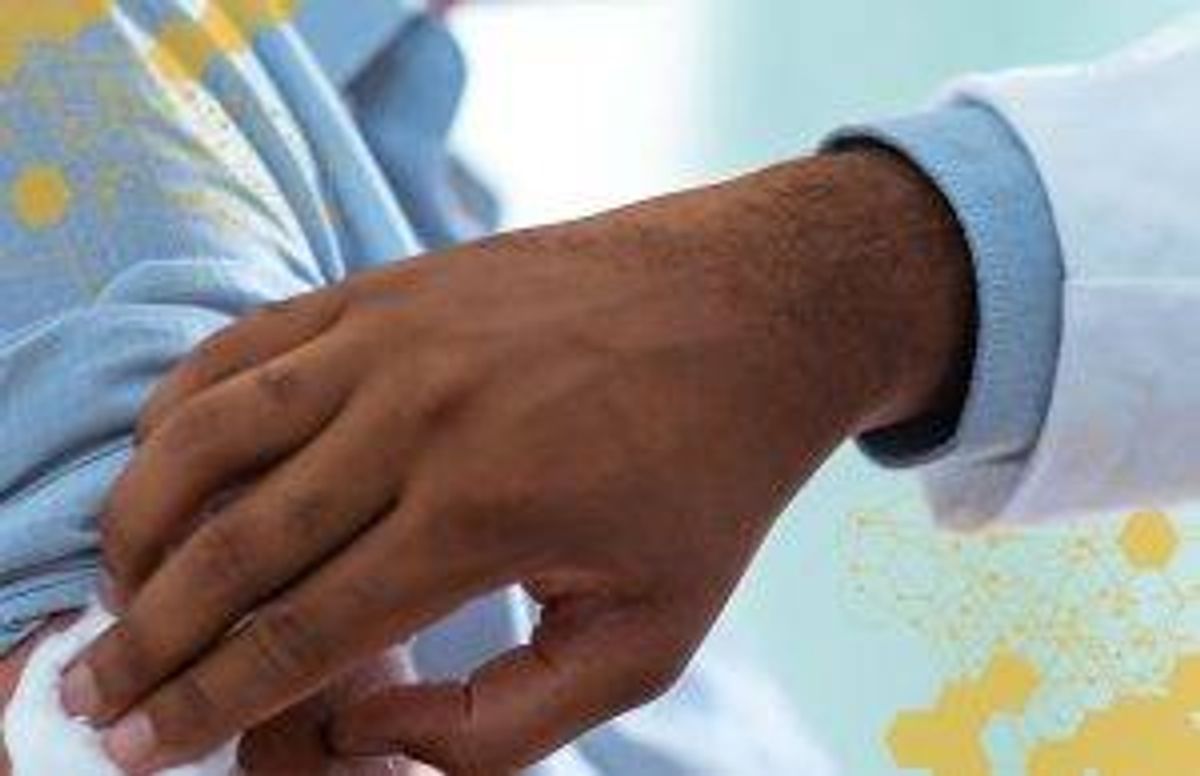What Can We Expect From a COVID-19 Vaccine?
4 ways to stay as safe as possible
As I write this, there are 42 COVID-19 vaccines in various stages of human trials. Eleven of these are in large, late-stage trials. More than 100 others are under development. Certainly within the next year, we are likely to have the first of possibly many COVID-19 vaccines ready for deployment.

There are many things that are still unknown about that first vaccine, but this we know for sure: However effective it will be at protecting younger adults, it will be less effective at protecting more vulnerable older adults.
Vaccines are one of the great achievements of science. They have saved hundreds of millions of lives and led to the eradication of one human disease (smallpox) and the near-eradication of another (polio). Yet no vaccine is perfect. That is, no vaccine is 100% effective, 100% safe and lasts for life.
The key questions that we would like answered about any COVID-19 vaccine — How safe? How effective? — are of course unknown right now.
Fortunately, they don't have to be perfect.
"Herd immunity" is reached when enough of a population is immune to a disease, either through recovery from the disease or vaccination against it, that the disease can no longer spread and dies out. Herd immunity for smallpox was achieved at about 80% immunity. It is too soon for us to be certain what the herd immunity level is for COVID-19, although early estimates put it at about 70%.
Our Commitment to Covering the Coronavirus
We are committed to reliable reporting on the risks of the coronavirus and steps you can take to benefit you, your loved ones and others in your community. Read Next Avenue's Coronavirus Coverage.
There are at least eight distinct types of COVID-19 vaccines under development, including several new technologies, but they all rely on the same thing — priming the host's immune system to activate quickly and decisively when the virus attacks. Because older adults have generally weaker immune systems, their vaccine response is also weaker.
Sometimes there are ways to compensate. For instance, the two CDC-recommended flu vaccines for people over age 65 during this flu season have either a four times stronger vaccine dose or mix an immune booster — in this case, shark liver oil — with the vaccine to enhance the response.
How Safe and How Effective?
The key questions that we would like answered about any COVID-19 vaccine — How safe? How effective? — are of course unknown right now. The science is still in progress.

The safety issue is not trivial. The closest relative of SARS-CoV-2, the virus that causes COVID-19, is SARS-CoV, which caused the 2002-2003 SARS epidemic that infected 8,000 people and killed 800 of them. Vaccines that were being developed for SARS were never tested in humans because the disease died out, but in animal studies some of these caused worse disease. So, shortcuts on safety testing would not be wise.
How effective? Again, we don't know, but we can use what is known about flu vaccines to make a guess.
Over a five-year period between 2011 and 2016, the average effectiveness of flu vaccines was 38%, which means that 38% of those vaccinated never experienced flu symptoms. That doesn't sound like a great vaccine, but it also reduced the severity of symptoms of those who did get the flu. So over that five-year period, the vaccine prevented as many as 6.7 million illnesses, 3.1 million doctor visits, 87,000 hospitalizations and 10,000 deaths.
What about among older adults? A number of studies have concluded that getting the flu vaccine prevents disease or reduces symptoms serious enough to need medical attention by about 60%. Since the current FDA guidelines for approving COVID-19 vaccines require at least 50% effectiveness, any approved vaccine will have a major impact on illnesses, hospitalizations and deaths, not to mention disease transmission. We can hope the effectiveness will be considerably higher as well.
Get the COVID-19 Vaccine
One thing to notice is that if the first COVID-19 vaccine is 50% effective (subsequent ones will no doubt be better) and the current rate of Americans with COVID-19 antibodies, meaning those who have previously been infected, is 9%, then even if everyone gets the vaccine, we will still be short of the 70% estimate for herd immunity.
And as we know, not everyone, alas, will get the vaccine. Masks and social distancing may be with us for a while even after a vaccine is available.
What can older adults do to stay as safe as possible?
First of all, get the COVID-19 vaccine once it is available. The pharmaceutical industry is taking safety very seriously in its vaccine testing as it should.
Second, don't necessarily abandon wearing masks in public and maintaining social distancing just because you got the vaccine unless you also get an antibody test that confirms you have been protected by the vaccine.
Third, practice the best health habits.
And finally, support research into how to reduce and retard weakening of the immune system, and all bodily systems, as we age. We are making great progress toward that goal. Let's keep it going.
Editor's note: This article is part of an editorial partnership between Next Avenue and The American Federation for Aging Research (AFAR), a national nonprofit whose mission is to support and advance healthy aging through biomedical research.

